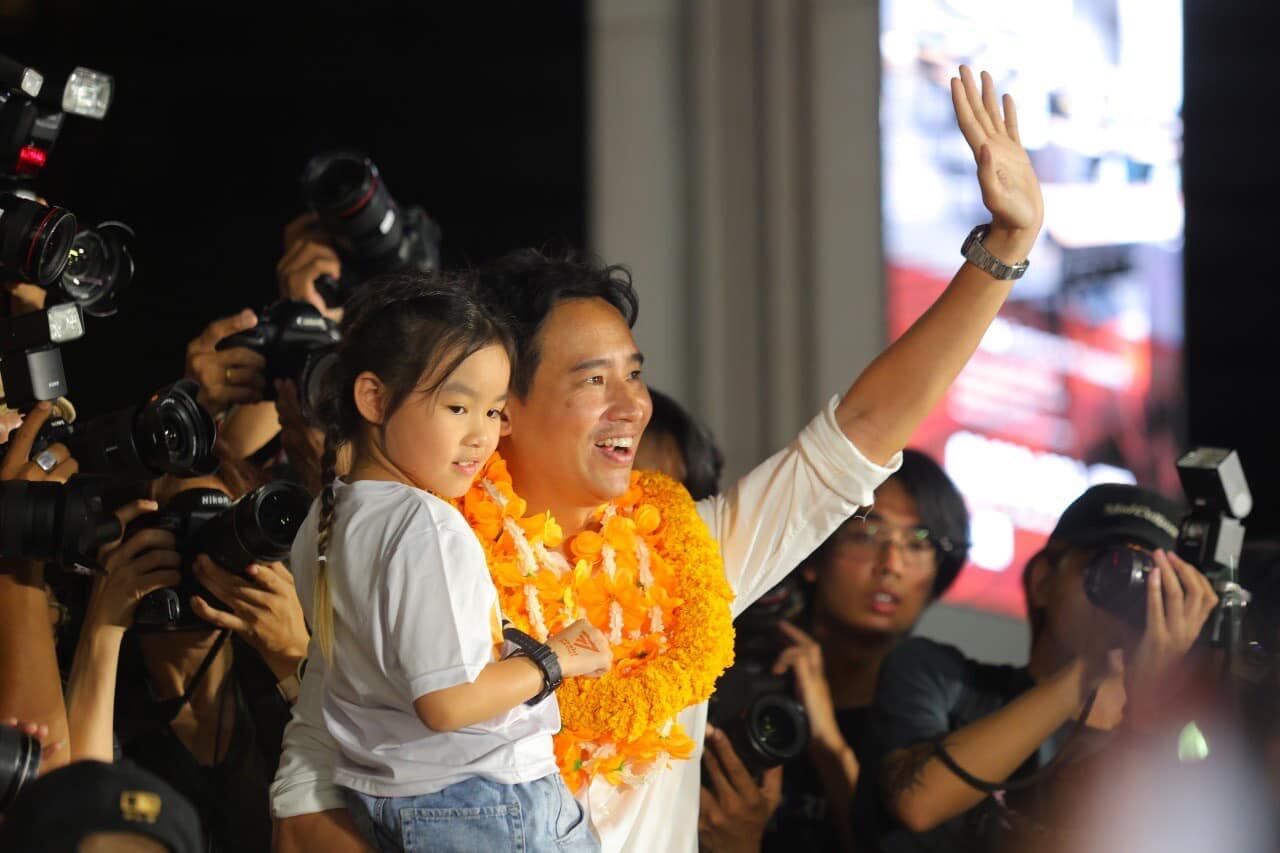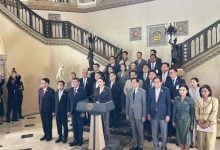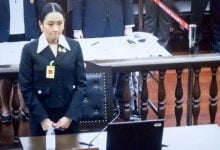Forward march halted: Constitutional Court blocks MFP’s leadership ambitions

The Move Forward Party (MFP) and its leader today suffered a substantial setback in their aspirations to lead the country after the Thai Constitutional Court rejected a plea to reevaluate a Parliamentary verdict that obstructed the renomination of their prime ministerial candidate.
This turn of events deals a fatal blow to any lingering hopes the MFP harboured of steering the country in the future. Moreover, it clears the path for the legislative body to swiftly hold a vote on an alternate prime ministerial nominee, possibly as early as this week.
Thailand has languished under a caretaker administration for the past five months. Despite being the dominant factions within Parliament, the most significant parties have been incapable of forging a government. This deadlock originated when the MFP’s leader, Pita Limjaroenrat, faced rejection as prime minister at the hands of legislators aligned with the royalist military.
In a unanimous decision, the court rationalised its refusal to consider the case on the basis that it had been presented by a group of over 20 people who did not include the prime ministerial nominee himself. The court said…
“The complainants’ rights weren’t infringed upon, and they lacked the standing to lodge the grievance.”
Champions of the MFP submitted a plea to the court, urging them to ascertain the legality of the decision made on July 19 by lawmakers to thwart Pita’s re-nomination after his initial bid for the premiership failed.
Parliament is anticipated to swiftly arrange a vote on the candidacy of Srettha Thavisin, a businessman and political novice hailing from the second-ranking Pheu Thai Party.
The MFP remains committed to its ideology, vowing to amend the lese majeste law, a stance that sowed discord among the Pheu Thai Party and the other eight coalition factions. Consequently, the Pheu Thai Party asserted its inability to collaborate with the MFP, opting instead to forge a government in alliance with other parties, despite having secured the second position in the General Election.
After the 2023 General Election, a memorandum of understanding was entered into by eight political parties. This accord encapsulated 23 core principles to govern the nation. Among these parties were the MFP, Pheu Thai Party, Thai Sang Thai Party, Prachachart Party, Seree Ruam Thai Party, Pheu Thai Ruam Palang Party, Fair Party, and Plung Sungkom Mai Party.
These aligned parties twice nominated Pita as the prime ministerial candidate. However, Pita fell short of garnering adequate support from fellow MPs and the Senate, due to dissent over the MFP’s intention to amend Section 112 of the Criminal Law, widely referred to as the lese majeste law. Read more about the story HERE.
Latest Thailand News
Follow The Thaiger on Google News:


























